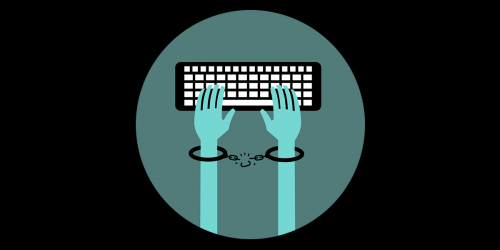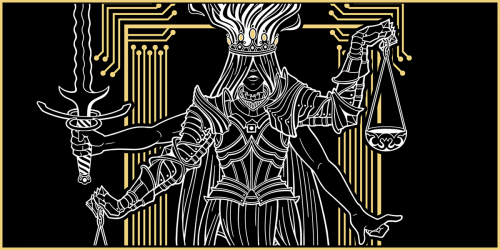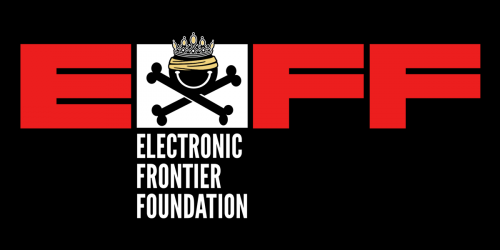EFF client Erik Johnson, a Miami University computer engineering undergraduate, reached a settlement in the lawsuit we brought on his behalf against exam surveillance software maker Proctorio, in a victory for fair use of copyrighted material and people’s right to fight back against bad faith Digital Millennium Copyright Act (DMCA) takedowns used to silence critics.[1]
Johnson, who is also a security researcher, sued Proctorio a year ago after it misused the copyright takedown provisions of the DMCA to remove his posts. Proctorio had gone after a series of tweets Johnson published critiquing Proctorio that linked to short excerpts of its software code and a screenshot of a video illustrating how the software captures images of students’ rooms that are accessible to teachers and potentially Proctorio’s agents. Johnson’s lawsuit asked the court to rule that his posts were protected by the fair use doctrine and hold Proctorio responsible for submitting takedown notices in bad faith.
Under the settlement, Proctorio dropped its copyright claim and other claims it had filed blaming Johnson’s advocacy for damaging its reputation and interfering with its business. In return, Johnson dropped his claims against Proctorio. Johnson’s tweets, which were restored by Twitter through the DMCA’s counter-notice process, will remain up.
Proctoring apps like Proctorio’s are privacy-invasive software that “watches” students using tools like face detection for supposed signs of cheating as they take tests or complete schoolwork. Their use skyrocketed during the pandemic, leading privacy advocates and students to protest this new kind of surveillance. Johnson, whose instructors use Proctorio, was concerned about how much private information the software could collect from students’ computers and used his skills as a security researcher to examine its functions.
Shining a light on how the software worked rankled Proctorio, but it did not infringe on the company’s copyrights. As we said when we brought the lawsuit, using pieces of code to explain your research or support critical commentary is no different from quoting a book in a book review.
DMCA abuse is not new. Bogus copyright complaints have threatened all kinds of creative expression, opinions, and speech on the Internet. Recipients of bogus takedown notices can fight back because DMCA provisions allow users to challenge improper takedowns through counter-notices and sue for damages when infringement notices are submitted in bad faith.
Unfortunately, not everyone has the resources to take on big business interests that use the DMCA to bully and retaliate against critics, as was the case here. All kinds of fair use, non-infringing content is removed, further emboldening rightsholders to abuse the DMCA’s censorship power.
In this case, Johnson fought back, with our help.
Falsely accusing researchers, creators, or a parent who posted a cute video of their child dancing is seriously wrong, especially when the goal is plainly to intimidate and undermine. We hope this case shows that people will fight back if they can and deters other rightsholders from using bogus DMCA claims to harass their critics.
[1] This post has been updated to revise descriptions of Proctorio's software and the claims against Johnson that were dismisssed, and incorporates stylistic changes and additional details throughout.










